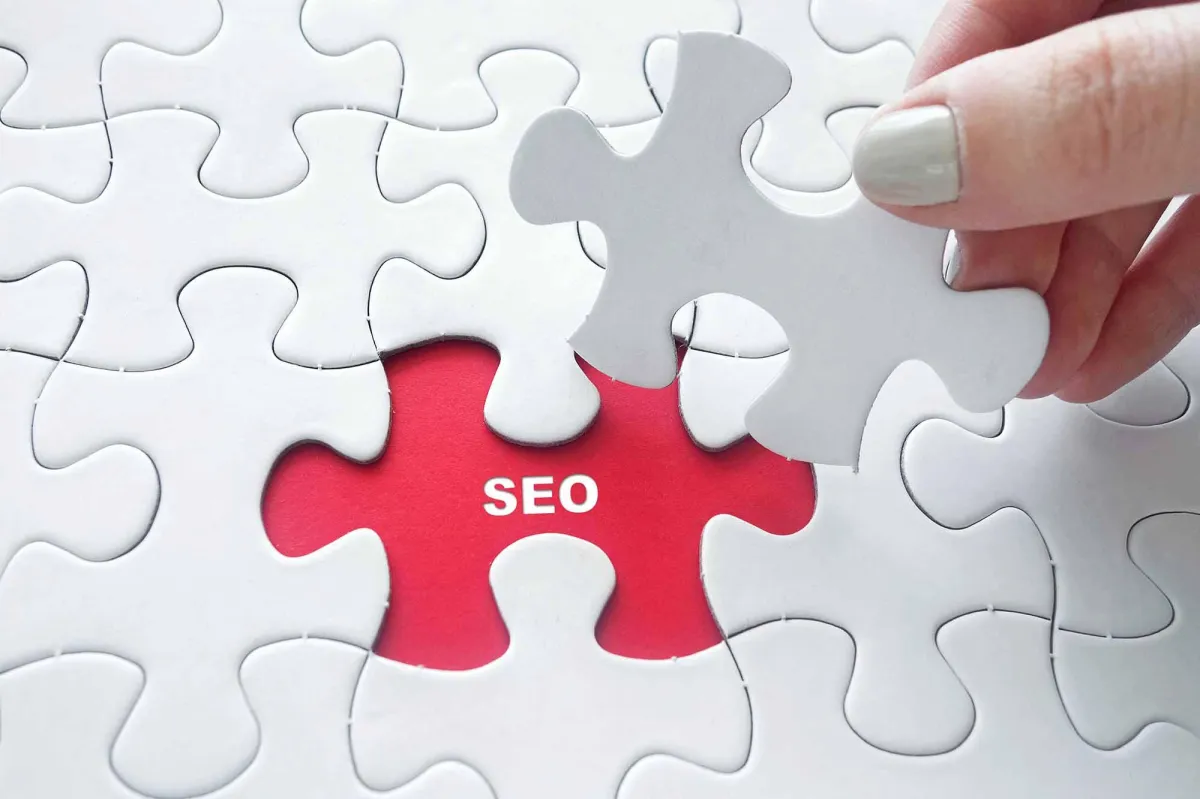
What is On-Page SEO?
What is On-Page SEO?
On-page optimization refers to the process of optimizing individual web pages to rank higher and earn more relevant traffic in search engines. Effective on-page SEO ensures that each page of your website is fully optimized to attract and retain visitors, ultimately driving more traffic and increasing your chances of converting visitors into customers.

Elements of On-Page SEO
1. Short & Long Tail Keywords
Understanding Keyword Targeting
Keyword targeting is essential in SEO and has evolved to include both short and long tail keywords. With increasing familiarity with search engines, users now enter more specific queries. For instance, instead of searching for "Italian Restaurant," they might search for "Italian Restaurant Frutti di Mare." Capitalizing on the various ways customers may search or questions they may have about your business enables you to build a website that attracts search engines and increases opportunities to rank.
Keyword Research and Strategy
Effective keyword research requires extensive reviews of both short and long tail keywords including:
Competitor Analysis: Identify top competitors and look at the keywords they are targeting both for organic search results and paid ads.
Current Keyword Review: Review keywords currently used on your website and compare these to competitors as well as Google trend data to identify gaps.
Keyword Tools: Google Analytics and other SEO software enable you to discover high-search-volume keywords with low competition.
Variations: Seek out keyword variations to capture a broad range of search queries.
Avoiding Keyword Stuffing
Google penalizes keyword stuffing. Credible sites focus on creating rich content that naturally incorporates keywords. This approach provides valuable information to visitors and signals authority to search engines.
2. Content
The Role of Content in SEO
Google has stated that content is one of the top three ranking factors. High-quality, in-depth content not only attracts visitors but also naturally incorporates long tail keywords, which search engines reward.
Content Strategy
Providing relevant, valuable content attracts visitors to your site and establishes you as an expert in your industry. Informative content establishes the "value" of the site to Google and impacts search results. Effective content includes:
Relevance: Providing useful, relevant content tailored to your audience’s needs.
Depth: Creating comprehensive articles that cover topics thoroughly.
Engagement: Writing engaging content that keeps visitors on your site longer.
Ask yourself, what will truly benefit your viewer? Then create rich, robust information that makes your site a resource.
3. Solid Hierarchy
Importance of Website Hierarchy
A well-organized website hierarchy helps both visitors and search engine crawlers understand your site’s structure. This includes titles, categories, sub-categories, internal links, and keywords.
Building a Strong Hierarchy
A solid website hierarchy has:
Logical Flow: Ensures a logical and balanced flow of information.
Shallow Link Structure: Makes your site highly crawlable.
Good Information Architecture: Follows best practices in organizing your content.
A strong internal structure allows search engines to access, crawl, index, and return data faster, improving your site’s visibility.
4. Internal Links
Benefits of Internal Linking
Internal links connect one page of your site to another, enhancing the user experience and establishing your site's authority. They also help search engine crawlers understand the relationship between different pages.
Effective Internal Linking Strategy
Our internal linking strategy includes:
Relevance: Linking related topics to provide a seamless user experience.
Authority: Demonstrating the authority of your site through strategic internal links.
User Experience: Ensuring that internal links are useful and intuitive for visitors.
Achieving Page 1 Results
No one can guarantee a page 1 ranking, as Google’s algorithm is complex and constantly evolving. However, our techniques focus on Google’s top ranking factors, giving you the best chance to achieve top rankings.
Conclusion
On-page optimization is a detailed and ongoing process that requires thoroughness and expertise. By targeting the right keywords, creating high-quality content, building a solid website hierarchy, and employing effective internal linking strategies, we position your website for success. Our goal is to get your website to page one of search results organically, giving you prime search engine real estate and helping you attract more customers.
Our comprehensive approach ensures that every aspect of your site is optimized to meet the highest standards, providing you with the best opportunity to dominate your market.

Mimi Leonard
Founder & Digital Strategist, LeadSpokes
Mimi has been in the digital and marketing tech space for over 15 years. Known for her ability to create innovative marketing strategies and drive results for clients, she specializes in local business marketing.
___________________________